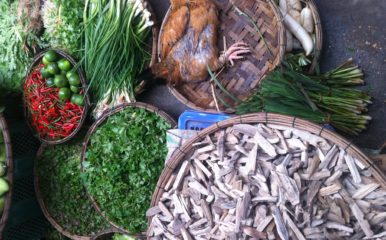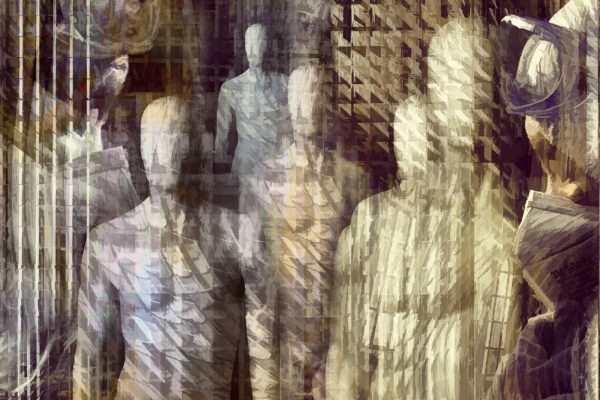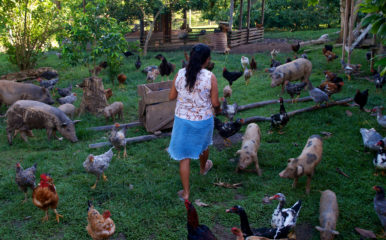
Roadmap Series
Pandemics: models and their limitations
Published on 17/02/2021
What is the role of infectious disease modelling in COVID-19 – and can modelling answer all our questions?

Daniel Arrhakis/flickr
This event featured panellists Professor Steve Hinchliffe, Professor in Human Geography at the University of Exeter, UK, and Professor Gabriel Leung, Helen and Francis Zimmern Professor in Population Health, Chair of Public Health Medicine and Dean at Hong Kong University Medical School. It was moderated by Professor Dirk Pfeiffer, City University of Hong Kong and Deputy Director of the One Health Poultry Hub, and took place on Wednesday 17 February 2021.
Watch the recording here:
PANELLISTS' KEY MESSAGES
- Models are efficient mathematical expressions of dynamic associations, and the study of associations is what defines social science.
- Models are a ‘reality-based heuristic’, their effectiveness requires input from a diverse assembly of scientists and practitioners.
- Models support rather than bypass decision-making, the process of diverse assembly should not be displaced by a false sense of precision.
- “Models” are simply formalised, quantitative ways of thinking through the complexities of reality.
- Models have many uses, not just “predictions”.
- Specifying the objectives of a modelling study and interpreting its findings accordingly remain cornerstones of appropriate deployment and securing buy-in.


